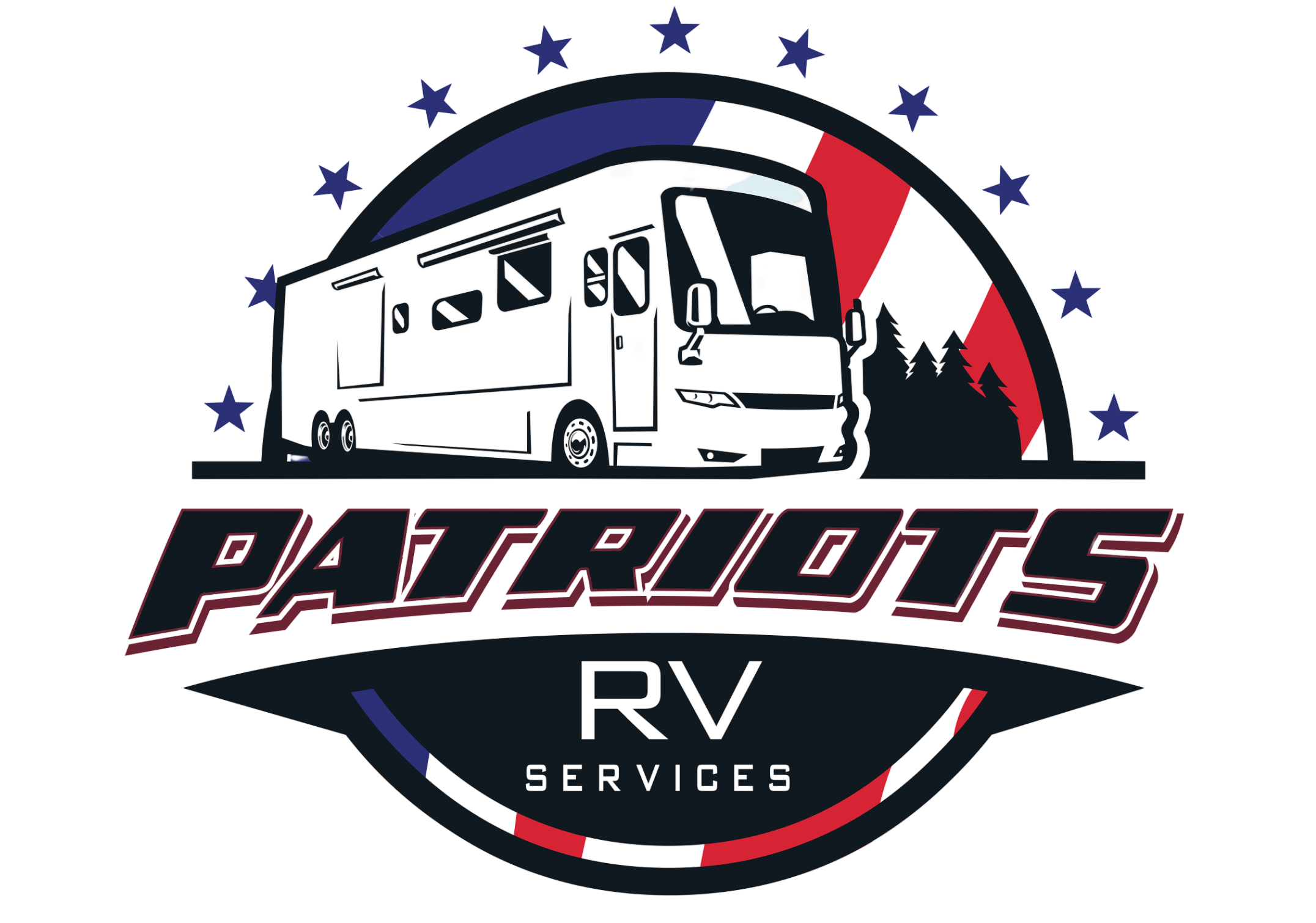Understanding Why Is My RV Battery Not Charging While Plugged In

Many RV owners face the frustrating problem when their RV battery is not charging while plugged in to shore power. This common issue can stem from several different causes that affect your RV’s electrical system. Understanding the root causes helps you resolve the problem quickly and get back on track. Finding reliable local RV repair services can save you time when dealing with complex electrical issues. This guide covers the main reasons your battery may not be charging and provides simple solutions to address them.
Poor Electrical Connections
Loose or corroded electrical connections are the most common reason RV batteries fail to charge properly. When connections get dirty or loose, they create resistance that blocks electricity from reaching your battery. This issue with the RV battery not charging while plugged in, often happens at the connection points between the converter, battery terminals, and shore power cord. Check all visible connections for corrosion, which appears as white or green buildup around metal parts. Clean corroded connections with baking soda and water, then apply electrical grease to prevent future problems. Tighten any loose connections you find using the proper tools.
Tripped Circuit Breakers
Circuit breakers protect your RV’s electrical system by shutting off power when something goes wrong. If a breaker trips, it cuts off electricity to your battery charger. Find your RV’s electrical panel and look for any switches in the “off” position. Reset tripped breakers by flipping them back to “on.” But don’t stop there – figure out what caused the breaker to trip in the first place. This prevents the same problem from happening again and keeps power flowing to your battery.
Converter Malfunction
Your RV’s converter converts shore power from AC to DC, allowing it to charge your battery. When the converter breaks, your battery can’t charge even though you’re plugged in. Common converter problems include blown fuses, damaged wires, or broken internal parts. Look for apparent damage and listen for strange noises coming from the converter. Use a multimeter to check if the converter is producing the proper voltage. If you suspect converter problems, have a professional inspect it right away.
Battery Age and Condition
Old batteries lose their ability to hold and accept a charge over time. Several factors can damage your battery and hurt its charging ability. Regular battery maintenance helps catch these problems early.
- Sulfation: Lead sulfate crystals build up on battery plates and reduce charging ability
- Corrosion: Internal rust weakens connections and blocks electrical flow
- Physical Damage: Cracks or leaks in the battery case cause fluid loss and poor performance
Shore Power Issues
Problems with your campground’s electrical supply can prevent battery charging. First, make sure the outlet actually has power by checking the circuit breaker and testing the voltage output. Damaged power cords or loose connections can also stop charging. Sometimes the problem is with your RV’s transfer switch or other components. Test the outlet with different devices to rule out power supply problems. Understanding how shore power works helps you identify and resolve these issues more efficiently.
Inverter Problems
Inverter issues can seriously affect your battery’s charging ability and leave you with a dead battery despite being plugged in. Check these common inverter problems:
- Inverter Overload: Too much power demand can shut down the inverter and stop battery charging
- Bad Connections: Look for loose or damaged wires between the inverter, battery, and power source
- Wrong Settings: Make sure inverter settings are configured correctly for proper battery charging
Fixing these inverter problems can solve many RV battery charging issues and get your system working properly again.
Related Topics:

